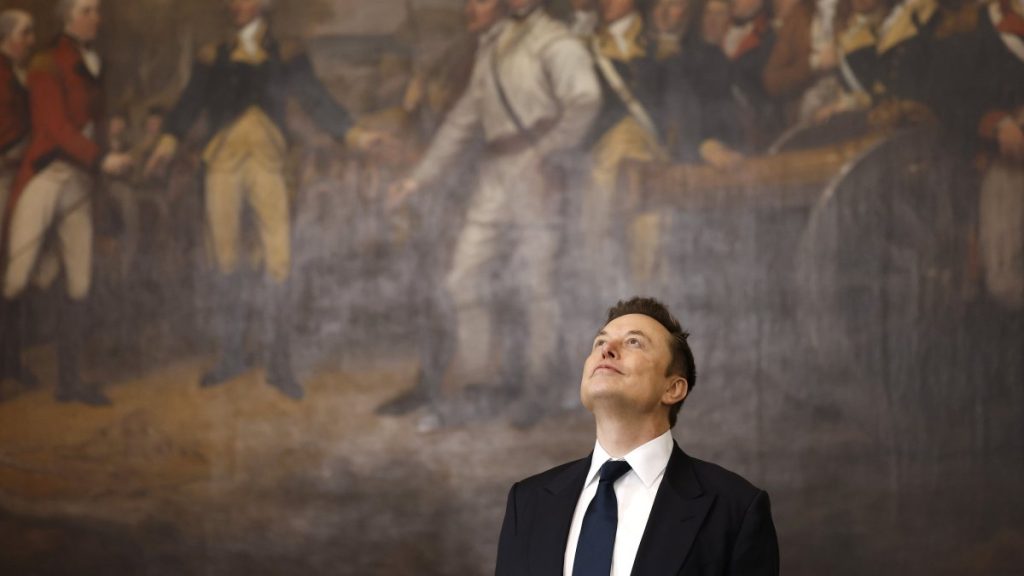In the aftermath of the U.S. elections, Elon Musk’s swift and noticeable support for Europe’s far-right movements has drawn significant attention.
As is well known, neoliberal movements have been losing influence, and many of their promises have failed globally.
First, we all identified the rise of the right wing in Europe as the far-right or extreme right within the context of the neoliberal paradigm, under the influence of the radical left and the Greens. However, those who interpret these developments solely through this angle often lack a deeper understanding of European parties’ history and political evolution. In time, we will see whether the far right in Europe evolves into a form of social opposition similar to the Republicans in the U.S., whether their focus will shift toward xenophobia and Islamophobia, or whether their stance will primarily reflect a nationalist outlook.
Of course, the new U.S. administration has dozens of topics to follow. The subjects announced by Donald Trump, the anti-immigrant stance, the fight against China, the invasion or annexation of Canada, bringing Panama back to the U.S. and acquiring Greenland are all critical.
On the other hand, while much discussion focuses on the controversial aspects of Trump’s presidency, he also addressed significant cultural shifts in the affirmative. For example, he took steps to stop the rapid expansion of movements like LGBTQ advocacy, which he believes would lead to the destruction of society. Now, in the United States, the LGBTQ community has so many advantages in the system that they have even replaced the WASPs in the founding of the United States.
Neo-partners
What stands out to me is Elon Musk’s support for right-wing parties in the U.K. and Germany, along with his gigantic financial contributions to their campaigns. Much like Trump’s efforts to defeat the Democrats in the U.S. and dismantle their core policies, it appears that Musk may be positioning himself to influence the transformation of European states one by one, likely as a strategy to strengthen his broader alliance.
First, Trump’s policy toward the European Union and its member states has resulted from strategic neglect. This approach was evident during his previous term, but it also reveals a broader strategy: to reinforce the United States while simultaneously undermining Europe psychologically and economically. While the U.S. maintains an open economic rivalry with China, it is clear that it does not favor a strong and independent Europe. Instead, it prefers a Europe more dependent on American influence. The U.K., having anticipated this trajectory, favored Brexit early on to avoid the decline and instability that could destroy Europe. By exiting the system, the U.K. aimed to shield itself from the potential fallout.
Fear of Russia in Europe
After World War II, the U.S. became the dominant power over Western states. As a defeated nation, Germany was left without an army, relying entirely on the U.S. for its protection and security. France retained its military capacity, but the states in between lacked the resources or potential to confront Russia effectively or defend themselves in any significant conflict.
When the Ukraine-Russia war began, there was widespread fear that if Russia succeeded in overtaking Ukraine, there would be no force capable of stopping its advance throughout Europe to the French border.
Looking at Trump’s general approach, there was an expectation that he would abandon Europe to its fate. However, it now appears that Trump and Musk have no intention of leaving Europe untouched. Instead, they seem to aim at transforming Europe, leveraging powerful tools such as rising anti-immigrant sentiment, the economic contraction of European states, the decline in per capita income, and the erosion of prosperity. The economic drawbacks spark off in the form of growing radicalism, anti-immigrant rhetoric, and, as a result, a shift toward right-wing politics.
Over the next four years, many European states could be reshaped by right-wing parties gaining power and aligning themselves with Trump’s vision.


